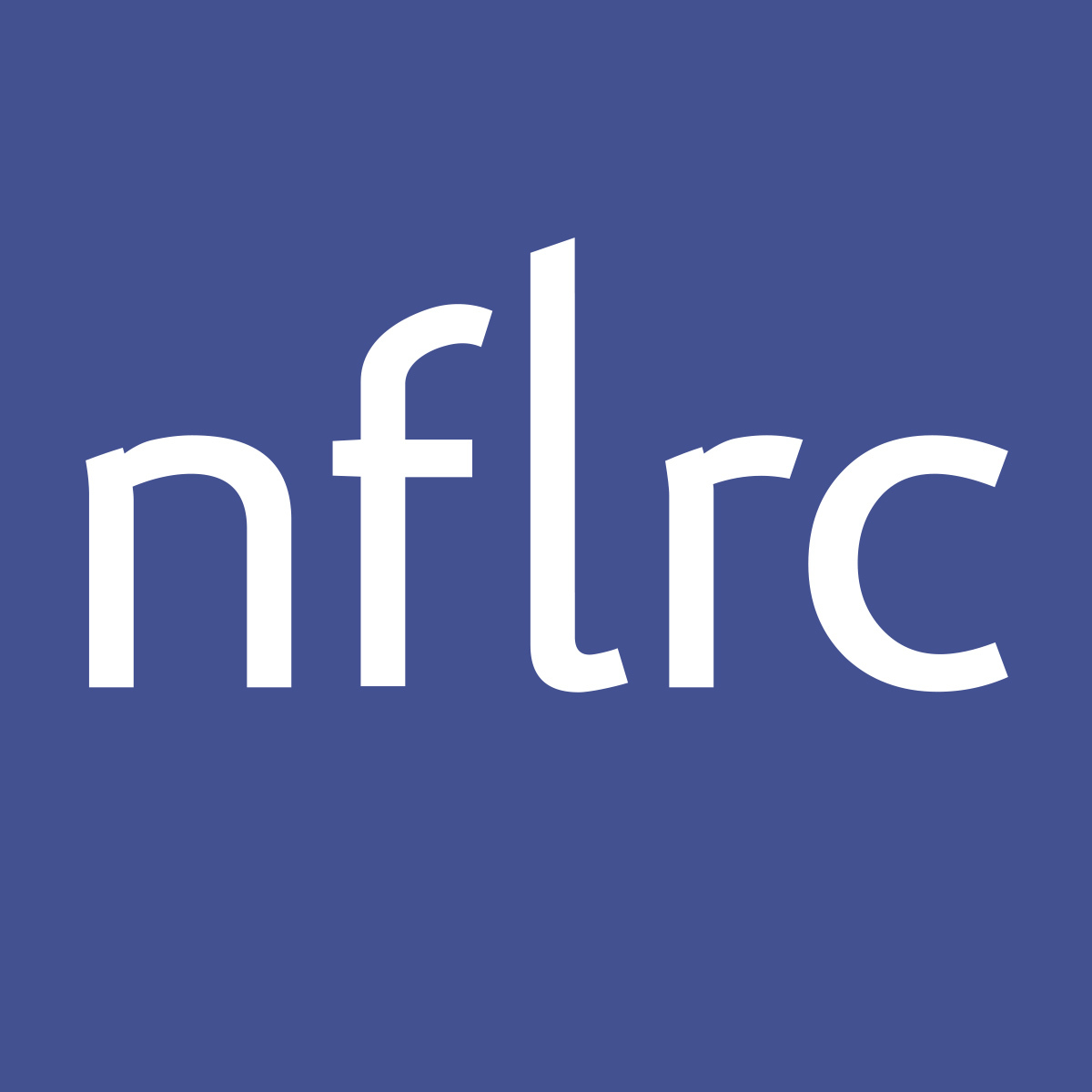The University of Hawai‘i has again been selected to serve as one of a small number of national Language Resource Centers (LRC) established to improve the learning and teaching of foreign languages throughout the US, particularly less commonly taught languages (LCTLs). The university will receive an estimated total of $730,000 to cover operations of the National Foreign Language Resource Center (NFLRC) from 2022 to 2026. This brings the total amount awarded to the NFLRC to date to over $11 million, not counting money brought in through other grants linked to NFLRC projects. Julio C Rodríguez (Center for Language & Technology) is the Director of the NFLRC, and Naiyi Xie Fincham (Center for Language & Technology) is the Associate Director.
The US Department of Education’s Title VI LRC program began in 1990 with the funding of three centers, including ours at the University of Hawai‘i at Mānoa. With subsequent funding cycles, the number of centers increased, and there are currently 16 in all (see list below). The UH Mānoa NFLRC remains the only LRC in the nation to have been funded in every cycle since the program’s inception and will celebrate its 35th anniversary in 2025.
NFLRC projects are founded upon expertise in language pedagogy, applied linguistics, and instructional technology and include faculty and students from a number of departments in the UH Mānoa College of Arts, Languages & Letters (CALL).
Major projects for 2022-2026
Professional Learning
Our professional learning programs are focused on three key areas:
- Project-Based Language Learning (PBLL): Multiple offerings of our Envisioning PBLL online course, Designing PBLL online course, and PBLL summer institutes
- Online Language Pedagogy (OLP): Annual online modules, which will focus on the online teaching of Chinese, Russian, Japanese, and Korean, respectively
- Teaching and Learning Languages in the U.S. (TELL.US): A new annual podcast series designed specifically for novice LCTL teachers whose educational formation has taken place outside the U.S. and may have challenges adapting to the U.S. educational system
Materials Development
Major materials development projects include the:
- Culture App (Japanese & Filipino): Development of content for an innovative scenario-based mobile learning tool to build intercultural competence for learners of Japanese and Filipino
- Korean online courses: Development and offering of Korean 1 and 2 online courses – a joint project with Center for Urban Language Teaching & Research (CULTR) and the North Carolina Virtual Public School (NCVPS)
Research
Two projects will address the pressing need for further research on PBLL:
- PBLL in Action: Two summer institutes that will combine PBLL and Action Research (AR), whose teacher participants will integrate PBLL in their classrooms, conduct AR, and produce reports, made available as open educational resources. The NFLRC will also publish an associated PBLL Action Research Guide as contributions to the field.
- PBLL Case Studies: A joint collaboration with the National Heritage Language Resource Center (NHLRC), this project will result in case studies that provide rich accounts of PBLL implementation in higher education to help elucidate issues related to the integration of high-quality PBLL into an existing language curriculum, identify conditions that yield optimal results, and better understand the challenges involved in project design and implementation in higher education.
Research Dissemination
Our vigorous research dissemination program was designed to increase equitable access to research and professional events to the language education community. The NFLRC will continue its support of its 4 refereed open online journals:
- Language Learning & Technology (LL&T)
- Language Documentation & Conservation (LD&C)
- Reading in a Foreign Language (RFL), and
- Second Language Research & Practice (SLRP).
In addition to its support of local conferences in Hawai‘i, the NFLRC will help co-organize and co-host the following international events:
- the biennial International Conference on Language Documentation & Conservation (ICLDC) in 2023 and 2025
- the Southwest Conference on Language Teaching (SWCOLT) in 2024,
- the Foreign Language Education and Teaching (FLEAT) Conference in 2025, and
- the Conference on Interactivity, Language & Cognition (CILC) in 2026.
All projects were designed to yield maximum national impact, will be rigorously evaluated, and will result in resources that will increase national capacity for the teaching and learning of LCTLs, particularly Chinese, Filipino, Japanese, Korean, Portuguese, and Russian. All major projects involve collaborative activities with other Title VI centers and government agencies.
To keep current on NFLRC projects, events, and offerings, we encourage you to visit our website, subscribe to our email listserv, or follow us on Facebook, Instagram or LinkedIn
List of 2022-2026 LRCs
- AELRC (Assessment and Evaluation Language Resource Center), Georgetown University
- CALPER (Center for Advanced Language Proficiency Education and Research), Pennsylvania State University
- CARLA (Center for Advanced Research on Language Acquisition), University of Minnesota
- CASLS (Center for Applied Second Language Studies), University of Oregon
- CEDAR (Curricular Enhancement, Development, Access, and Research), University of Cincinnati
- CeLCAR (Center for Languages of the Central Asian Region), Indiana University
- CERCLL (Center for Educational Resources in Culture, Language and Literacy), University of Arizona
- CILC (Center for Integrated Language Communities), City University of New York Graduate Center
- CULTR (Center for Urban Language Teaching and Research), Georgia State University
- NALRC (National African Language Resource Center), Indiana University
- NFLRC (National Foreign Language Resource Center), University of Hawaiʻi
- NHLRC (National Heritage Language Resource Center), University of California, Los Angeles
- NLRC (National Less Commonly Taught Languages Resource Center), Michigan State University
- NRCAL (National Resource Center for Asian Languages), California State University, Fullerton
- PEARLL (Professionals in Education Advancing Research and Language Learning), University of Maryland, College Park
- SEELRC (Slavic and East European Language Research Center), Duke University

